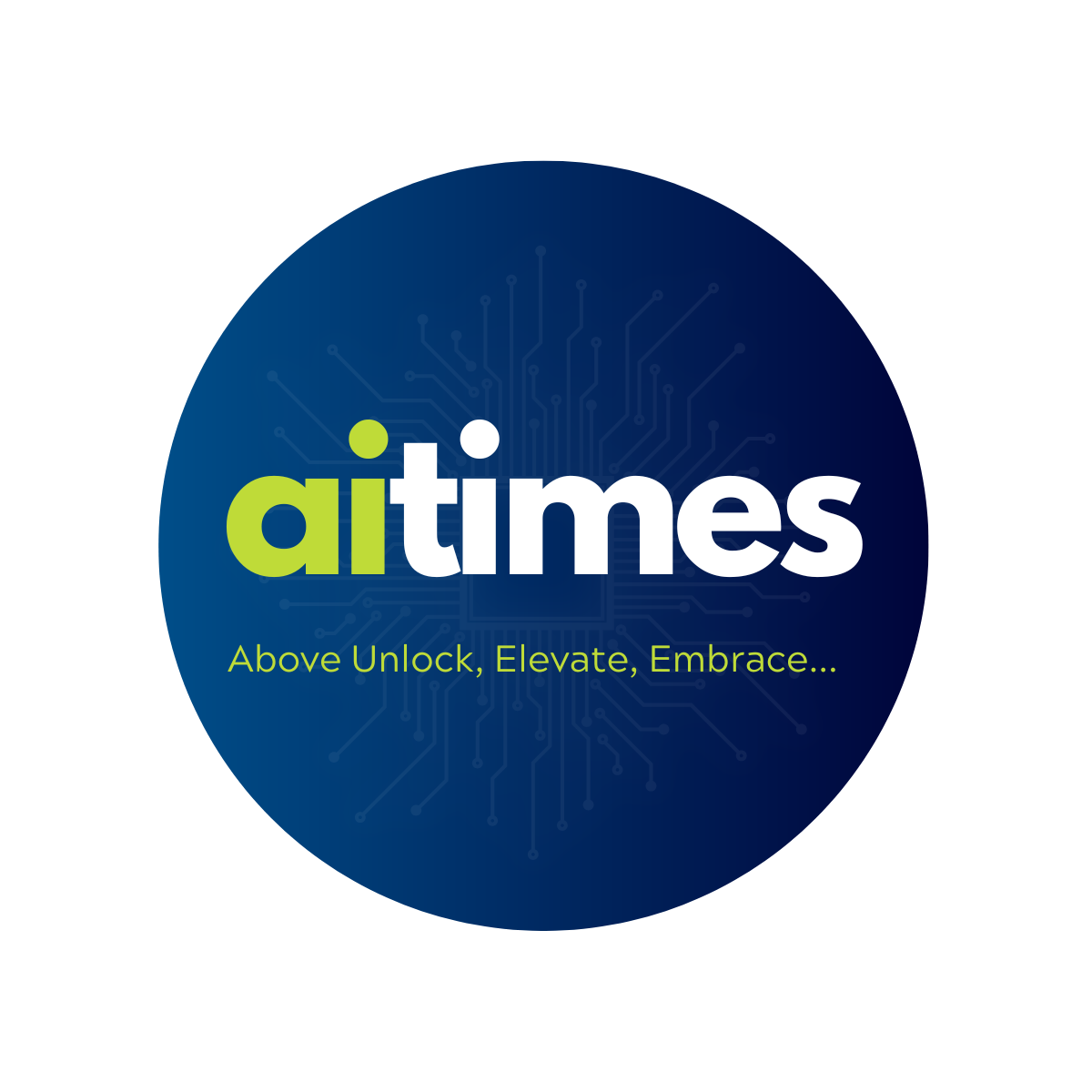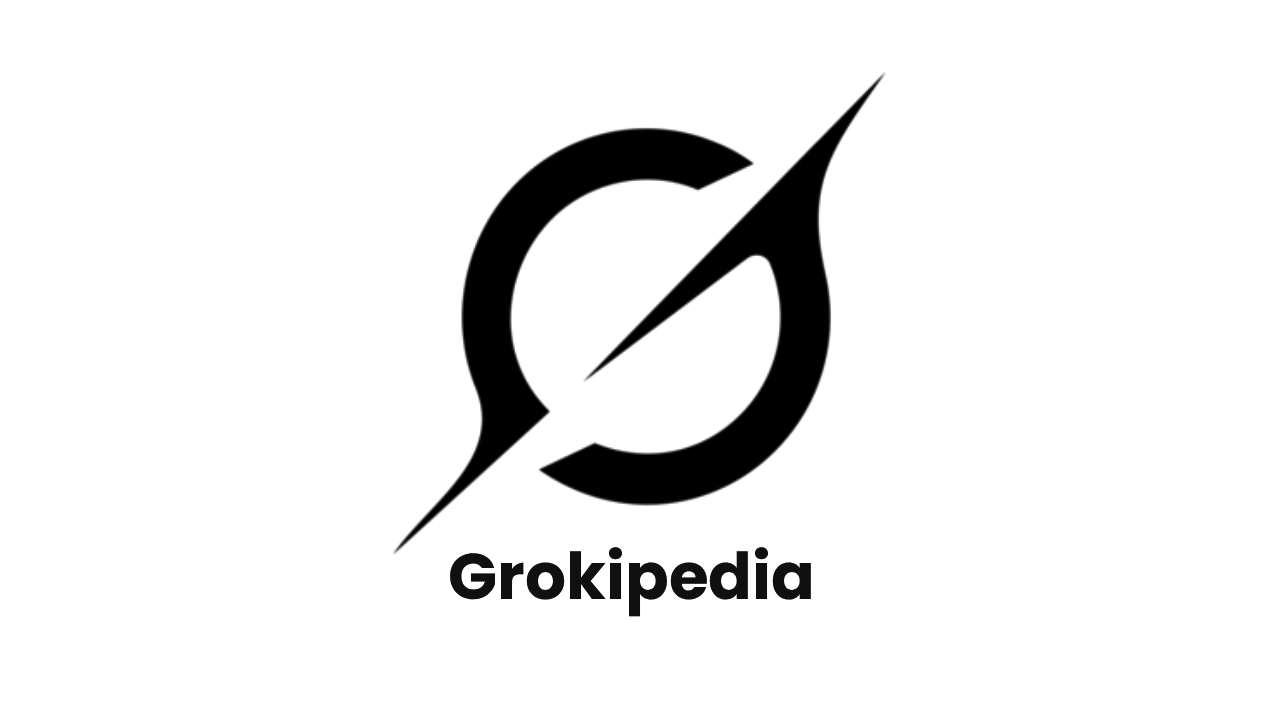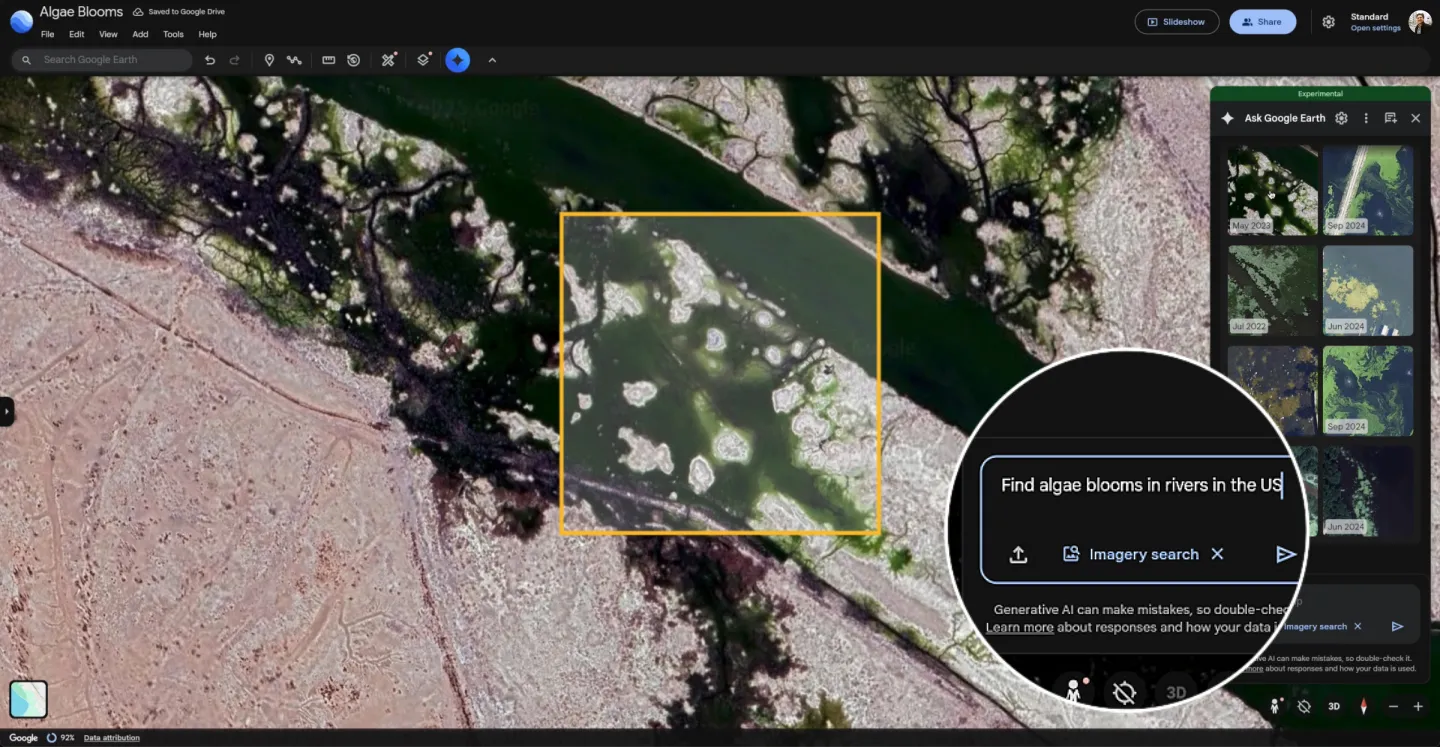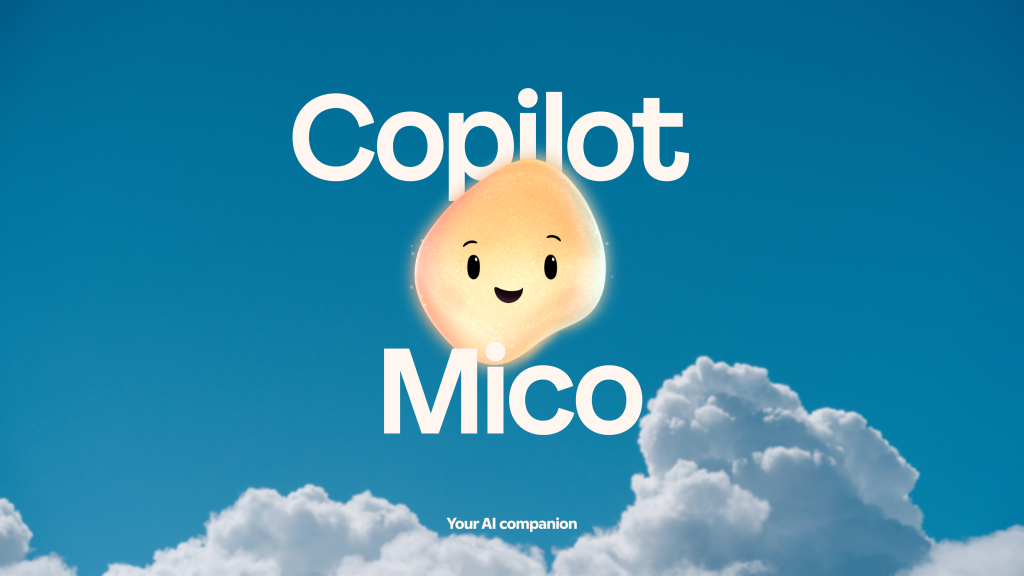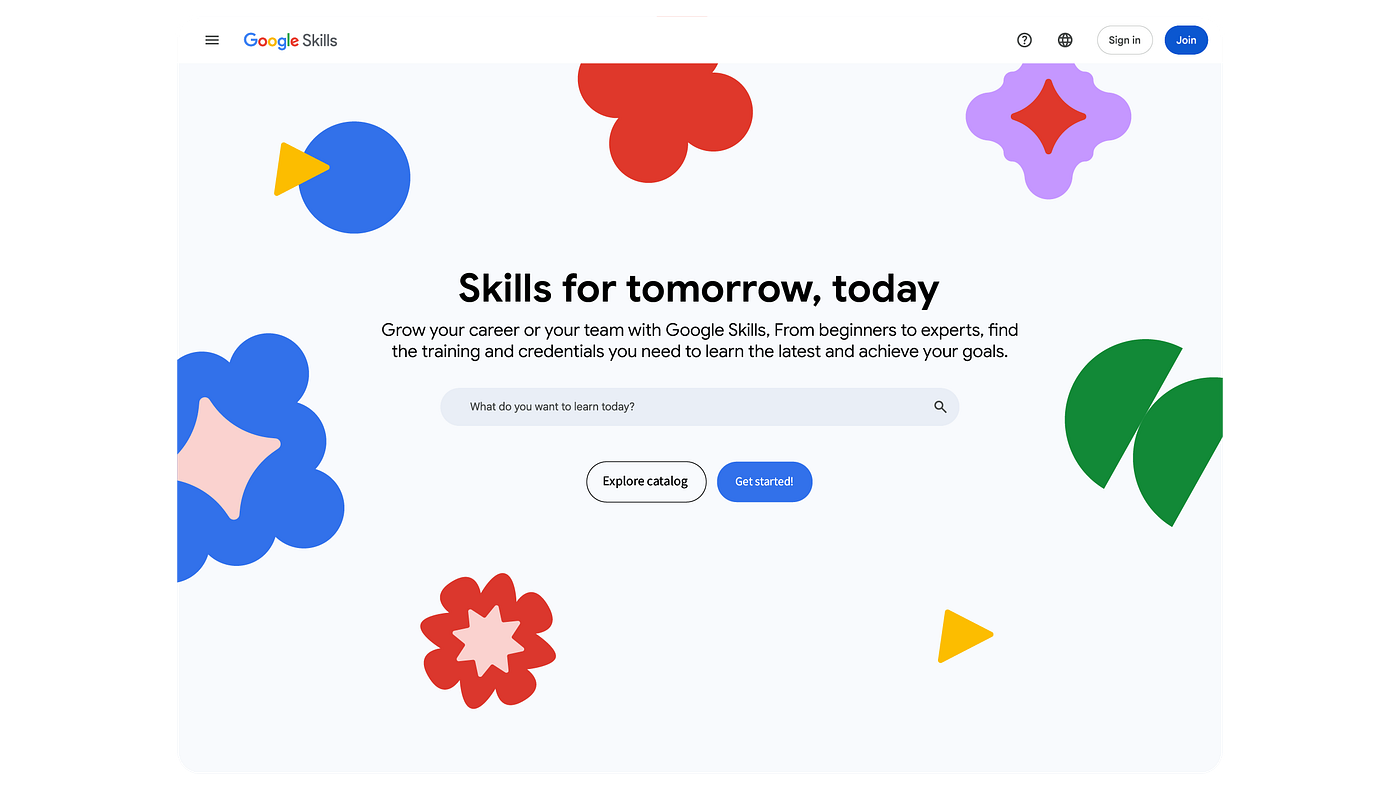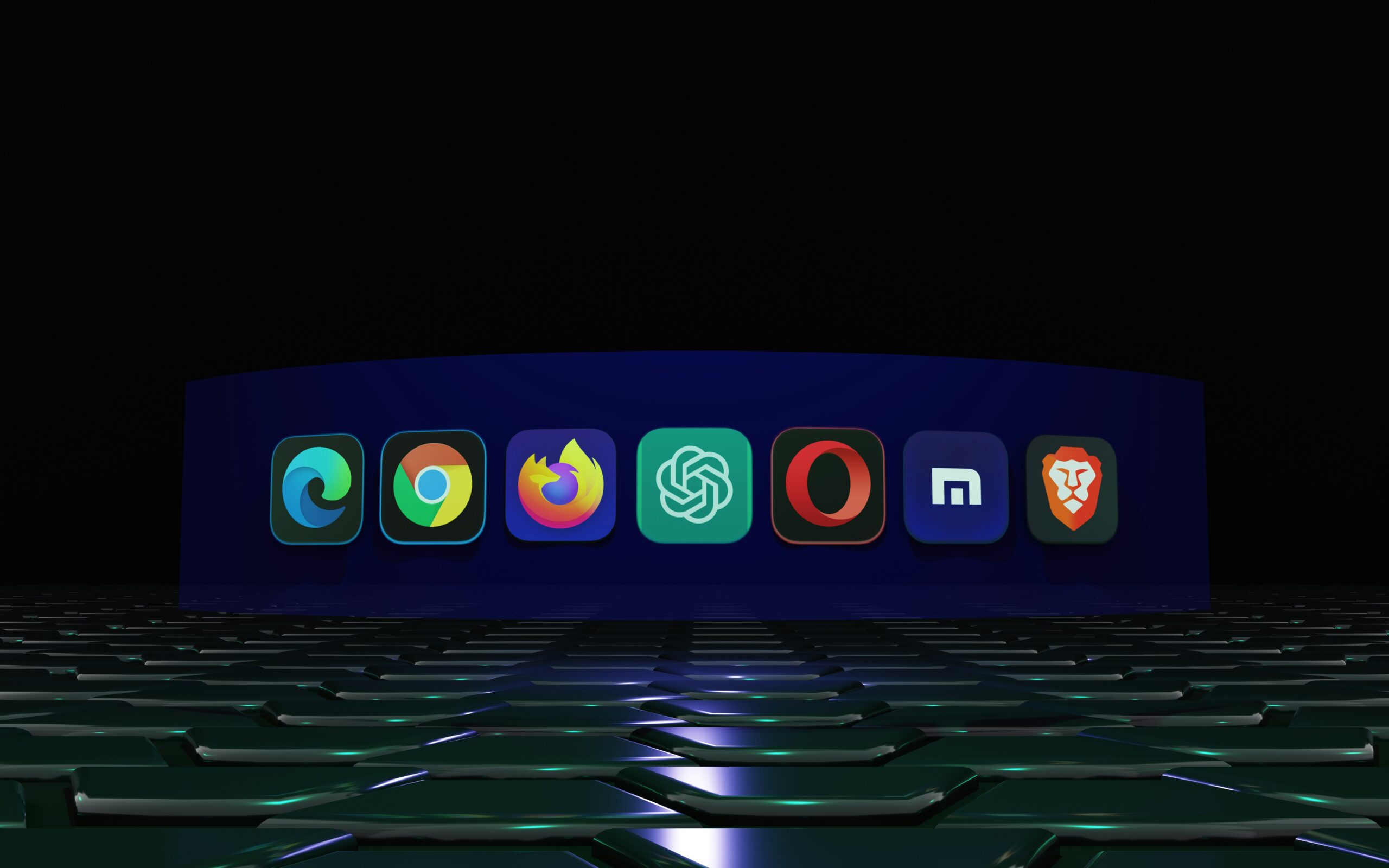
In recent AI news, the once-dormant browser battles have resurfaced. OpenAI’s Atlas Browser and Perplexity’s Comet Browser are leading a new wave of AI browsers challenging Chrome and others. Google has begun integrating its Gemini AI into Chrome, and Microsoft is rolling out an Edge Copilot mode. As surfing transitions “from browsing to delegating” responsibilities to AI, analysts refer to this movement as “probably the biggest change since the browser became the gateway to the internet.” The way people search and explore is being drastically changed by these AI-driven capabilities, which range from conversational chat to built-in memory and agentic workflows.
The AI Browser Resurgence
After years of Chrome dominance, new entrants are stirring competition. OpenAI unveiled Atlas, a ChatGPT-powered browser that uses their AI assistant as the default interface. Fortune notes Atlas could even threaten Chrome’s market share, since “for 30 years, the browser was about navigation. Now, with AI, it’s moving from browsing to delegating”. Startup Perplexity has launched Comet, and Arc’s makers released Dia (formerly Arc), each embedding AI deeply into browsing. According to The Verge, “the AI browser wars are starting to heat up.” OpenAI’s new product will face competition from Google’s Gemini in Chrome, Perplexity’s Comet, The Browser Company’s Dia, and Microsoft’s Copilot in Edge. Because of this convergence, on-screen assistants are increasingly able to perform common tasks like searching, summarizing, and shopping in place of human link-clicking.
AI Browser Features in Action
Perplexity’s Comet Browser and The Browser Company’s Dia illustrate the new approach. Comet “powers a shift from browsing to thinking” by weaving an AI assistant through all your tabs. You may instruct Comet to compare items, schedule meetings, or send emails based on the content you’re seeing, essentially reducing complex procedures to conversation. Arc’s Dia, built on Chromium, turns the address bar into a chat interface: it can summarize open web pages and answer questions about any content you have open. Dia also offers an opt-in browsing history memory, so its AI learns your interests and writing style over time. Notably, OpenAI’s Atlas has a similar “agent mode” (for subscribers) that can actually navigate the web on your behalf using your history for context.
Opera is also in the fray. Its new Neon browser is designed as a fully “agentic” AI companion that can check websites, fill forms, or automate processes based on user intent. Opera continues to offer free AI conversation features (via its Aria assistant) in its primary browsers, but Neon is a pricey upgrade for hardcore users. Brave’s Leo and DuckDuckGo’s Duck.ai cater to privacy-conscious users: Leo can answer questions and summarize pages discreetly (it does not retain or utilize your chat data), while Duck.ai allows you to speak anonymously with models such as GPT and Claude, with all discussions saved locally and deleteable.
Implications for Users and the Tech Ecosystem
For users, AI browsers promise more conversational, efficient workflows. Around 60% of Americans now utilize AI to get information, therefore chat-based browsing is increasing popularity. However, there are trade-offs. AI answers can hallucinate or miss nuance, and news publishers worry that instant summaries may divert clicks away from traditional sites. Monetization is evolving too: most browsers use a freemium model. Brave Leo is free (with paid tiers for more models and speed), and Opera’s approach is to offer basic AI for all while selling Neon subscriptions to heavy users. OpenAI, for instance, currently bundles Atlas with its ChatGPT Plus plan rather than charging for the browser itself.
The bottom line is that the humble web browser is undergoing its biggest reinvention in decades. OpenAI’s Sam Altman describes this as a “once-in-a-decade opportunity to rethink what a browser can be about.” Whether Atlas, Comet, or others win out, the result will be browsers that look and feel very different, more like personal assistants than simple navigators.
For the latest updates on these AI-powered browser technologies and other AI trends, keep following AI Times.
